Yangon, Myanmar, 29 Dzulhijjah 1437/01 October 2016 (MINA) – Myanmar State Counselor Aung San Suu Kyi has called on member states of a Southeast Asian regional bloc for support in solving the “complex situation” in the country’s troubled Rakhine State, home to around 1.2 million stateless Rohingya Muslims, Anadolu reported.
Western Rakhine, one of the poorest regions in Myanmar, has seen a series of communal violence between ethnic Rakhine Buddhists and Rohingya Muslims — described by the United Nations as among the most persecuted minority groups worldwide — since mid-2012 that has left nearly 100 dead and some 100,000 people displaced in camps.
State media reported Saturday that in her address to the 37th General Assembly of the ASEAN Inter-Parliamentary Assembly in the political capital Nay Pyi Taw, Suu Kyi expressed the Myanmar government’s determination to persevere in bringing about positive changes in Rakhine, as well as in other conflict-affected areas.
“We are also striving to bring harmony and understanding between the different communities in Rakhine State while standing firm against prejudice, intolerance, and extremism,” she was quoted as saying Friday by the state-run Mirror newspaper.
Also Read: Sudan’s Army Ordered to Advance on Darfur to ‘Liberate’ Region from RSF
“Progress in every field will not be possible overnight,” Suu Kyi added, assuring that measures have been taken to begin addressing the challenges in Rakhine and other troubled areas.
“We ask for the constructive support of our regional neighbors to overcome the challenges,” said Suu Kyi.
Also Read: Trump Pledges Full US Support for Syria Under New President Ahmed al-Sharaa
Complex and complicated
She described the situation in Rakhine as complex and complicated, and the subject of close attention and concern in the ASEAN region and beyond, the report said.
Last month, Suu Kyi formed an Advisory Commission chaired by former UN secretary-general Kofi Annan to help the Myanmar government to identify and comprehensively address these challenges.
The state counselor-cum-foreign minister also chairs the Central Committee for the Implementation of Peace, Stability and Development in Rakhine, overseeing the tasks of ensuring stability and rule of law, scrutinizing immigration and verifying citizenship, and implementing socio-economic development.
Also Read: Tensions with Lebanon’s Hezbollah, Israel to Recruit 12,000 Additional Soldiers
The Commission is scheduled to deliver a report on its findings and recommendations to the Myanmar government within twelve months of its establishment.
Since her party’s victory in the Nov. 8 election, Suu Kyi has been placed under tremendous international pressure to solve problems faced by Rohingya but has had to play a careful balancing act for fear of upsetting the country’s nationalists, many of whom have accused Muslims of trying to eradicate the country’s Buddhist traditions.
Suu Kyi has, however, enforced the notion that the root of many of the impoverished region’s problems are economic, and is encouraging investment in the area, which in turn the NLD hopes will lead to reconciliation between the Buddhist and Muslim communities. (T/R07/R01)
Mi’raj Islamic News Agency (MINA)
Also Read: IOM: Nearly 2,000 More Civilians Flee North Kordofan as RSF Attacks Intensify





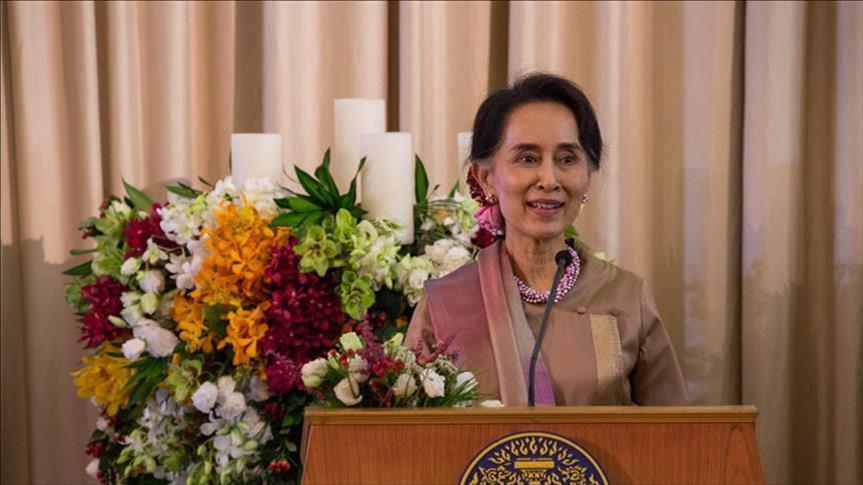

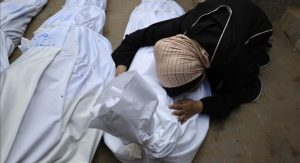

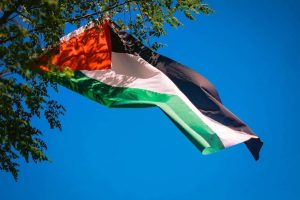

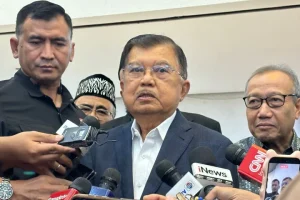

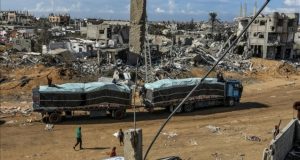
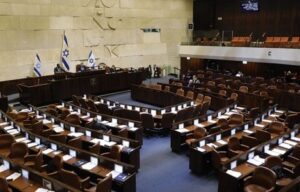
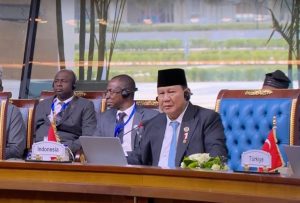
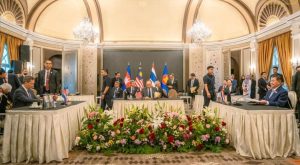
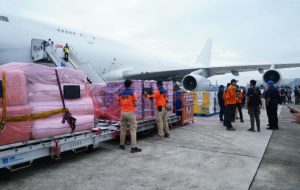
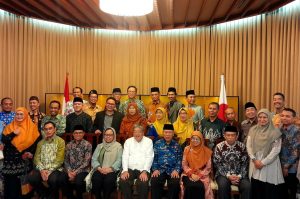
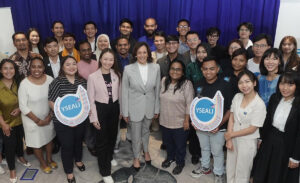
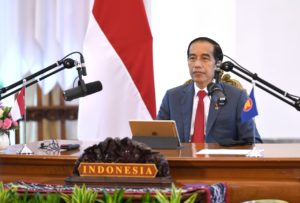



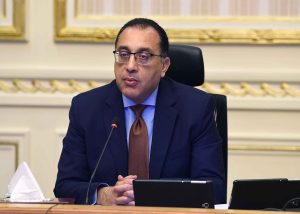


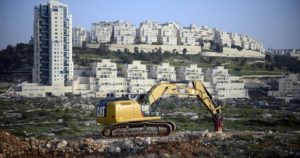







 Mina Indonesia
Mina Indonesia Mina Arabic
Mina Arabic